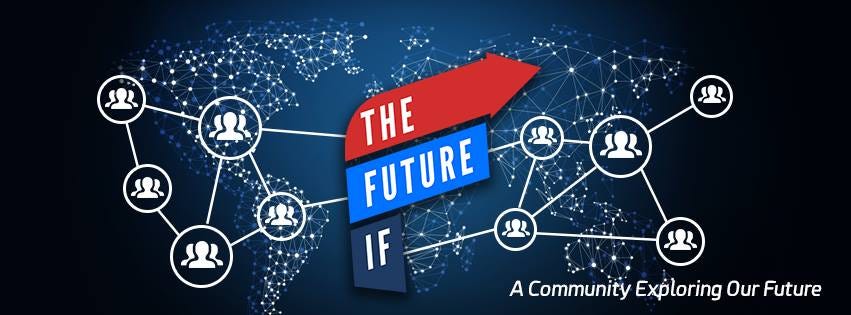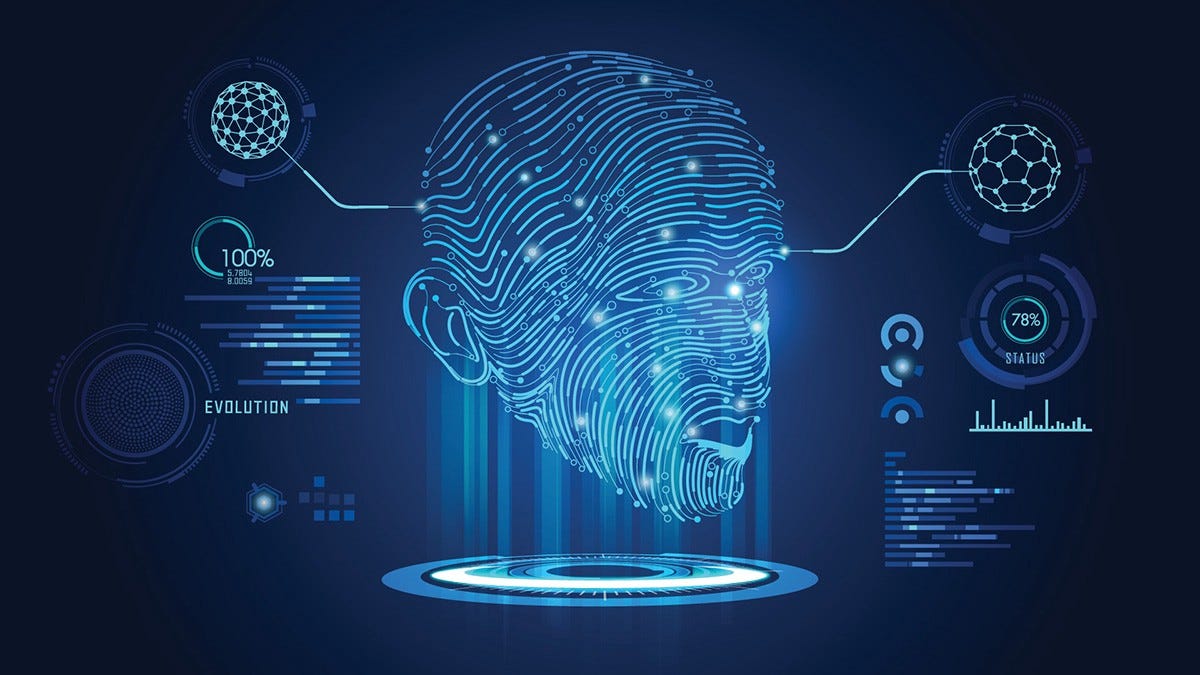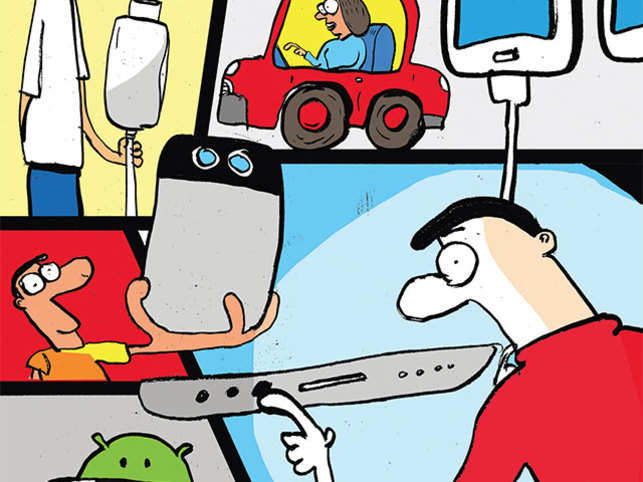The usage of technology on a daily basis impacts us both physically and mentally with fatal consequences. Deterioration of auditory and visual senses are common physiological side-effects of technology usage. Anxiety, depression, and lack of attention are common cognitive side-effects of technology usage.

PHYSICAL HEALTH
When devices always demand our attention, family and friends are often neglected—altering our entire social structure. The physical contact is converted into digital contact, which affects us psychologically.
In the United Kingdom, the harmful effects of social media have been highlighted by the case of 14-year-old Molly Russell, who took her own life in 2017. Her father believes that the graphic images of self-harm she encountered on Instagram and other social media sites pushed his daughter to kill herself.
In March 2018, an experimental Uber vehicle, operating in autonomous mode, ran over and killed a pedestrian in Tempe, Arizona, which was the first fatal accident of its kind. The computer systems that drive cars consist of three modules: Perception module (detects people and objects, prediction module (predicts the trajectory or path of the other vehicle and takes an action to avoid collision) and the third module is “Driving policy” (The AI decides whether to stop, speed up etc ). Evidently, one of these modules failed and took a life.

The VR can cause physical damage in two ways: VR headsets blinds its users to their surroundings. Therefore, the risk of collision with people, objects, stairs, furniture, windows, and pets exists. The second way iscybersickness : When playing with a VR, a user’s visual and auditory senses tells their brain they're moving, while their inner ear argues the contrary. This bodily disagreement causes a type of motion sickness that can induce nausea, vomiting, headaches, and difficulty balancing.
MENTAL HEALTH
Carol Kinsey Goman, a specialist in the impact of body language says how technology doesn't permit humans to use some important mental abilities: “In face-to-face meetings, our brains process the continual cascade of nonverbal cues that we use as the basis for building trust and professional intimacy. The people get most of your message (and all the emotional nuance behind the words) from vocal tone, pacing, facial expressions, and body language.”
In the book 'The Shallows — What the Internet is Doing to Our Brains', author Nicholas Carr says that the internet is making humans stupid. Nicholas Carr mentions that humans are losing their ability to concentrate, contemplate, and reflect.

The Facebook addiction may show up in brain scans of those who can’t stay off the site, affecting the brain insimilar way that cocaine does. Researchers found that Facebook activates amygdala , which helps establish the significance of events and emotions and the striatum , which is involved in the processing and anticipation of rewards.
PSYCHOLOGICAL
Some images found in social media andinternet can implant negative thoughts or impulses in our mind to have erroneous psychological behaviors which can even lead to death.
The smartphones are producing on people a clinical condition named: smartphone anxiety. “It’s the unnatural angst caused by not having the smartphone. Real anxiety occurs for many when their battery level drops to 20% or less or when they realize you didn’t bring along the charger cable.”
The social networks like Facebook or Instagram can invoke anxiety and depression unconsciously. This occurs when people see sites filled with users only emphasizing the positives and showcasing glamorous vacation and social photos or news of promotions and other triumphs. This can create negative emotions and some people might begin to question whether their lives are pale by comparison with other's lives.
IMPACT OF TECHNOLOGY ON HUMANS IN THE FUTURE
Elon Musk is the co-founder of Neuralink, a start-up that reportedly wants to link the human brain with a computer interface. He defends the idea that the development of super intelligence by a company or organization could result in the form of AI that governs the world: an immortal dictator. Hence, he believes that humans should "merge with AI to avoid the risk of becoming irrelevant".
McKinsey Global Institute , a think tank that specializes in business and economics, published an article stating that nearly 70 million U.S. workers would have to find new occupations by 2030. This will happen due to advances in technology and specially in the areas of robotics, artificial intelligence and machine learning. This discouraging future can generate mental and psychological diseases like depression.
The construction of autonomous weapons will get robots deciding about the destiny of humans. An organization called “Stop killer robots” states that the United States, China, Israel, South Korea, Russia, and the UK are developing weapon systems with significant autonomy in the critical functions of selecting and attacking targets. As machines, they would lack the inherent human characteristics such as compassion, kindness, and human judgment that are necessary to make complex ethical choices.

PHYSICAL HEALTH
When devices always demand our attention, family and friends are often neglected—altering our entire social structure. The physical contact is converted into digital contact, which affects us psychologically.
In the United Kingdom, the harmful effects of social media have been highlighted by the case of 14-year-old Molly Russell, who took her own life in 2017. Her father believes that the graphic images of self-harm she encountered on Instagram and other social media sites pushed his daughter to kill herself.

The VR can cause physical damage in two ways: VR headsets blinds its users to their surroundings. Therefore, the risk of collision with people, objects, stairs, furniture, windows, and pets exists. The second way is
MENTAL HEALTH
Carol Kinsey Goman, a specialist in the impact of body language says how technology doesn't permit humans to use some important mental abilities: “In face-to-face meetings, our brains process the continual cascade of nonverbal cues that we use as the basis for building trust and professional intimacy. The people get most of your message (and all the emotional nuance behind the words) from vocal tone, pacing, facial expressions, and body language.”
In the book 'The Shallows — What the Internet is Doing to Our Brains', author Nicholas Carr says that the internet is making humans stupid. Nicholas Carr mentions that humans are losing their ability to concentrate, contemplate, and reflect.

The Facebook addiction may show up in brain scans of those who can’t stay off the site, affecting the brain in
PSYCHOLOGICAL
Some images found in social media and
The smartphones are producing on people a clinical condition named: smartphone anxiety. “It’s the unnatural angst caused by not having the smartphone. Real anxiety occurs for many when their battery level drops to 20% or less or when they realize you didn’t bring along the charger cable.”
The social networks like Facebook or Instagram can invoke anxiety and depression unconsciously. This occurs when people see sites filled with users only emphasizing the positives and showcasing glamorous vacation and social photos or news of promotions and other triumphs. This can create negative emotions and some people might begin to question whether their lives are pale by comparison with other's lives.
IMPACT OF TECHNOLOGY ON HUMANS IN THE FUTURE
Elon Musk is the co-founder of Neuralink, a start-up that reportedly wants to link the human brain with a computer interface. He defends the idea that the development of super intelligence by a company or organization could result in the form of AI that governs the world: an immortal dictator. Hence, he believes that humans should "merge with AI to avoid the risk of becoming irrelevant".
The construction of autonomous weapons will get robots deciding about the destiny of humans. An organization called “Stop killer robots” states that the United States, China, Israel, South Korea, Russia, and the UK are developing weapon systems with significant autonomy in the critical functions of selecting and attacking targets. As machines, they would lack the inherent human characteristics such as compassion, kindness, and human judgment that are necessary to make complex ethical choices.
